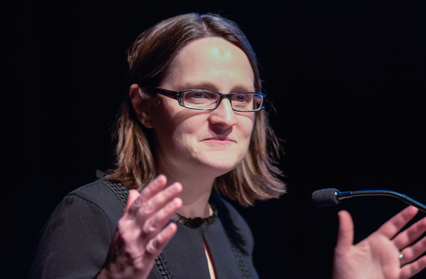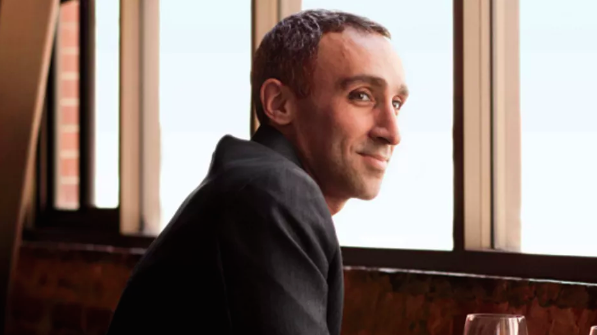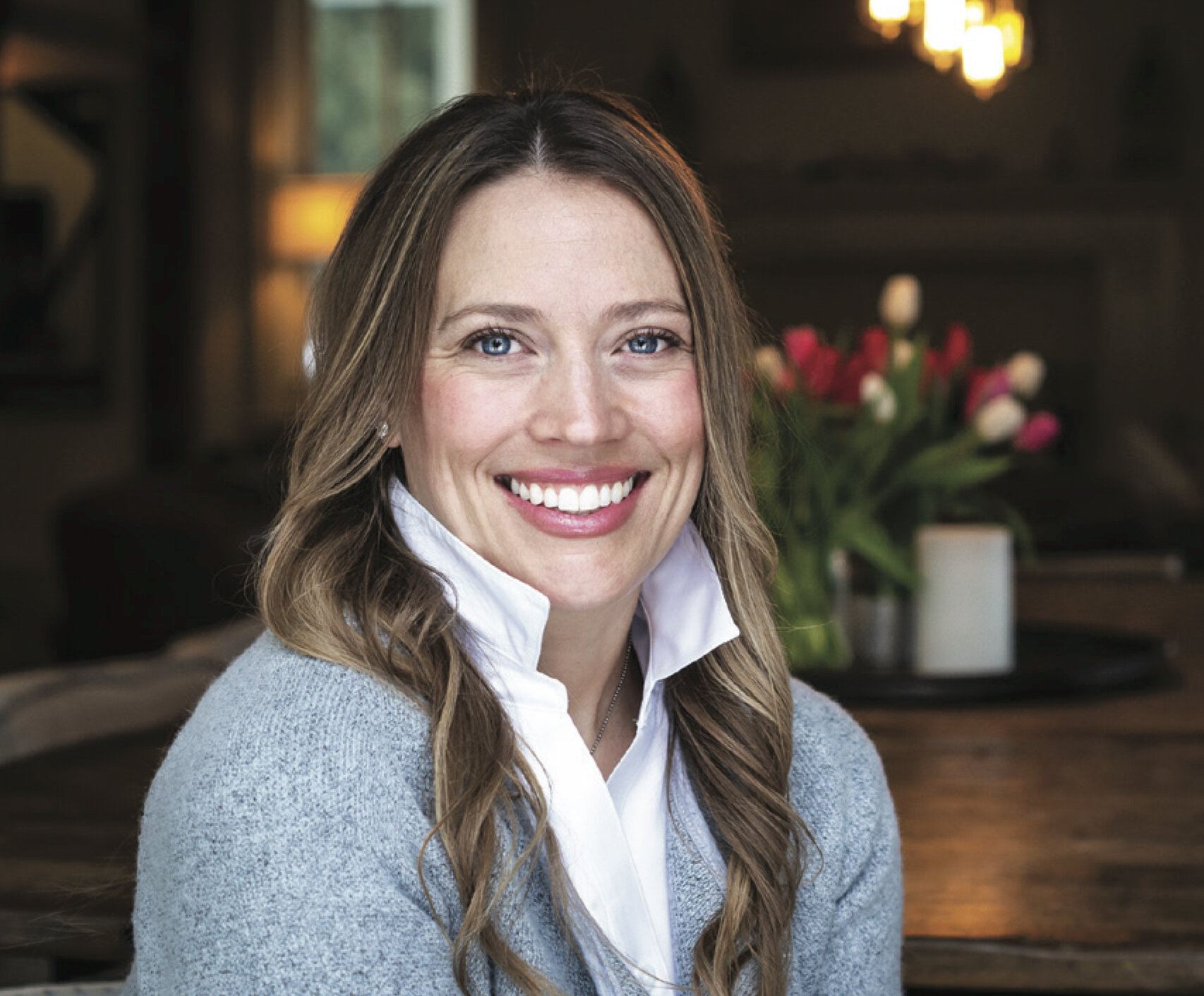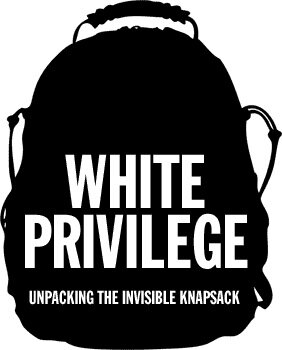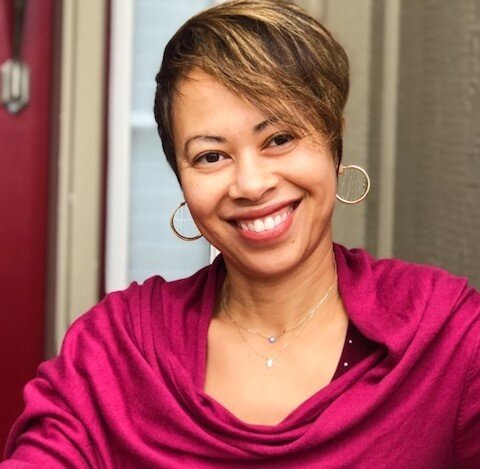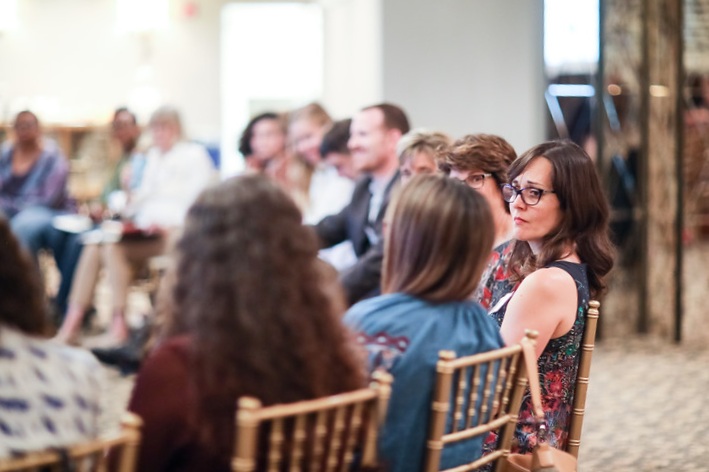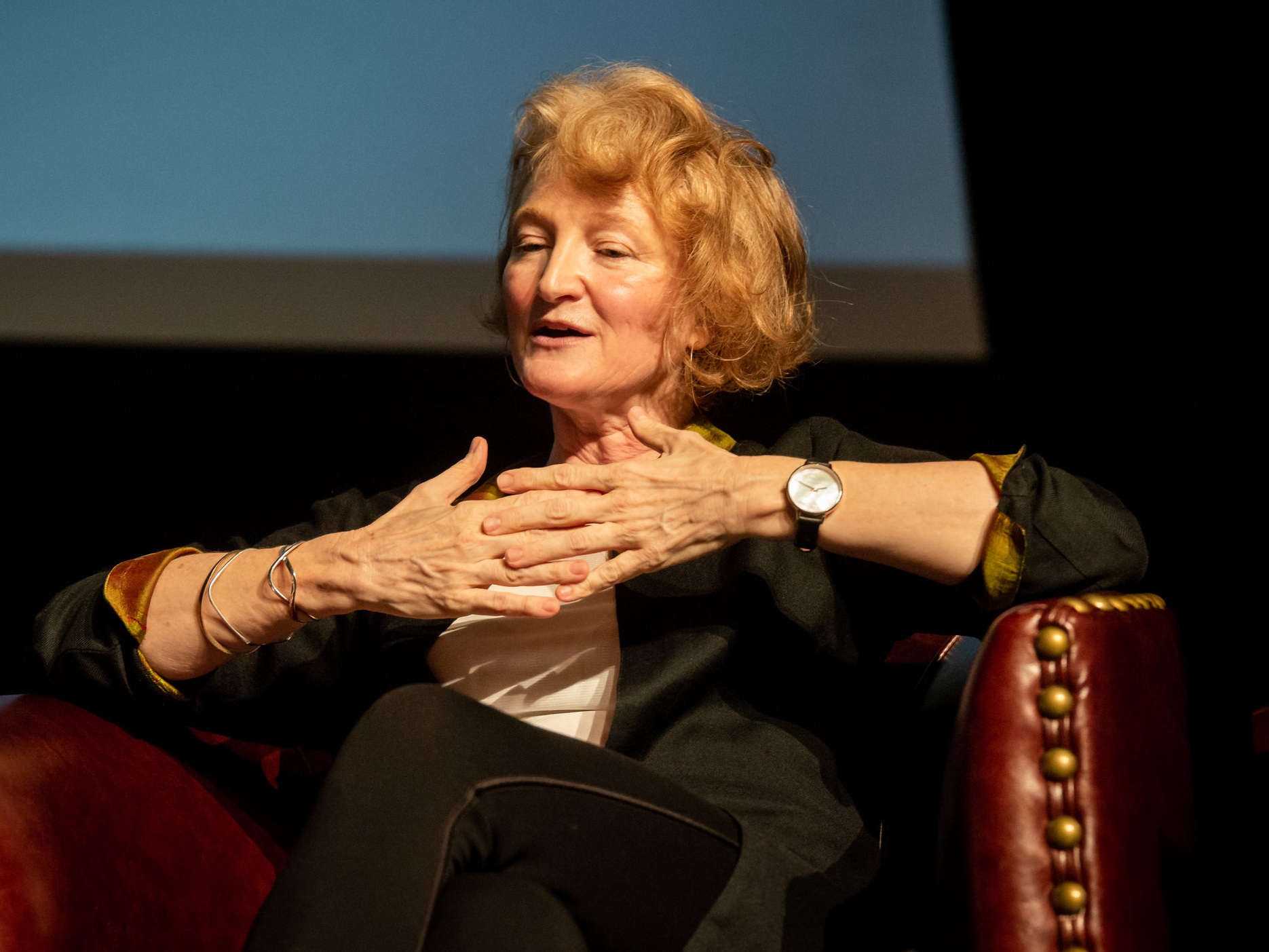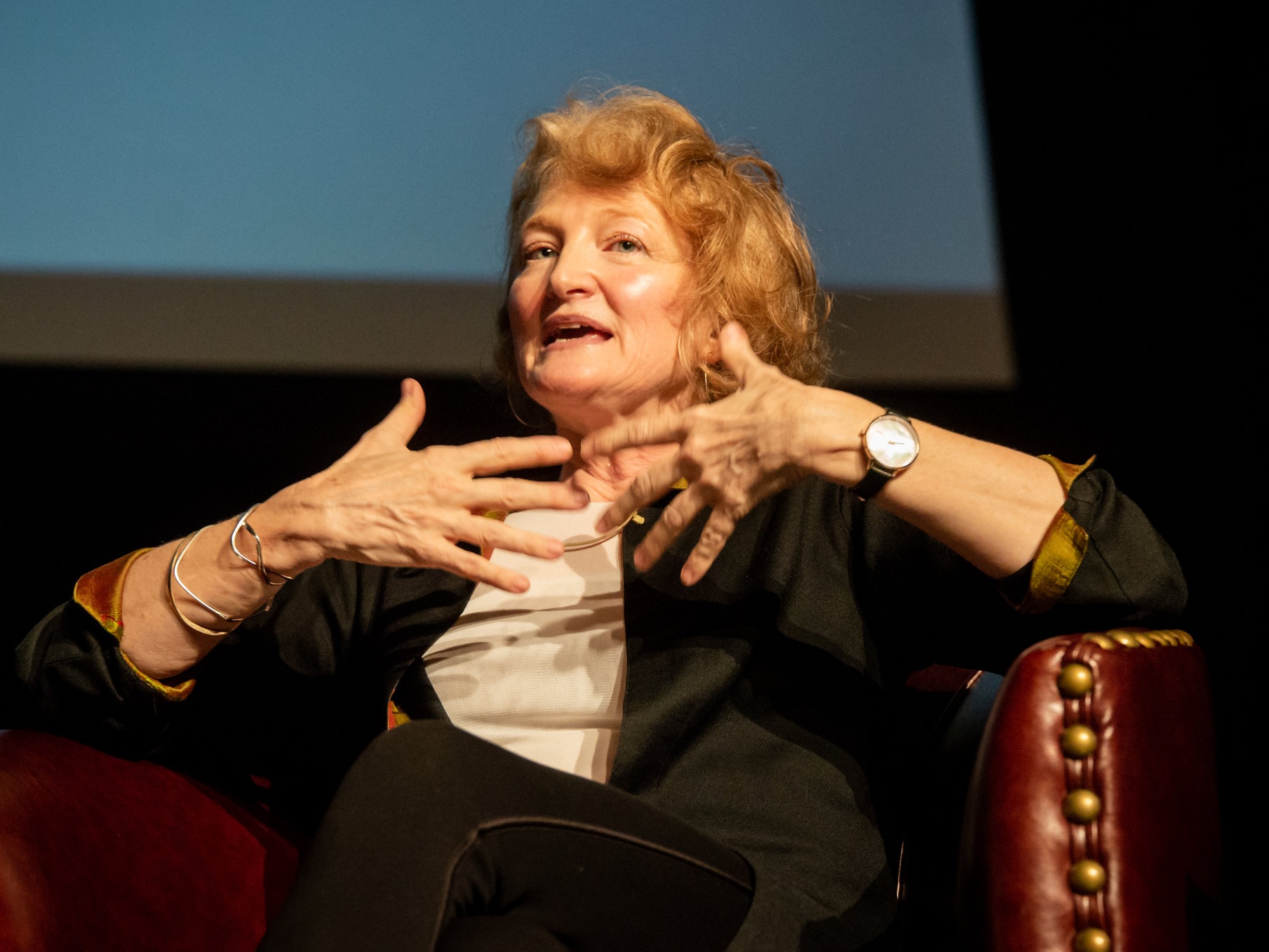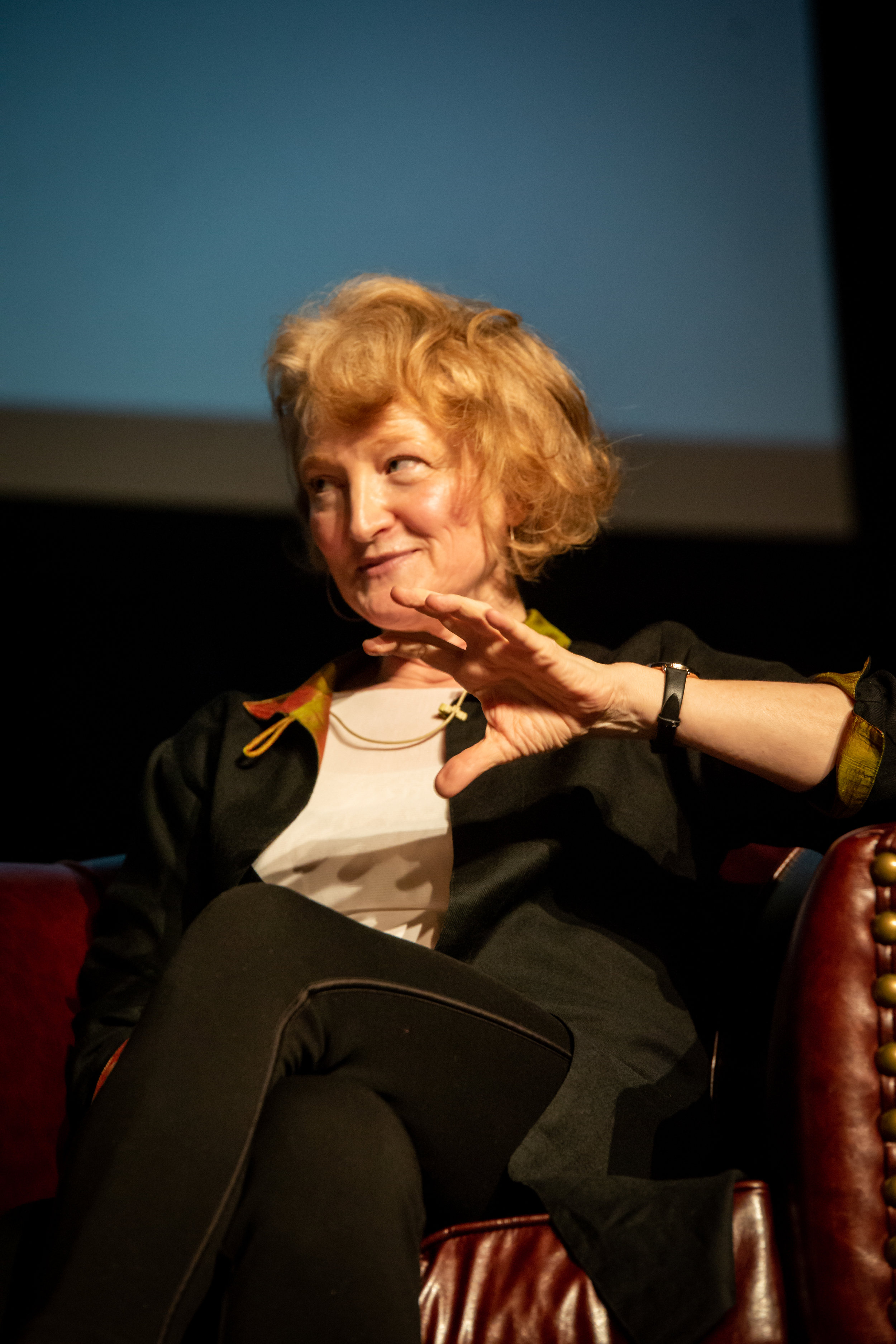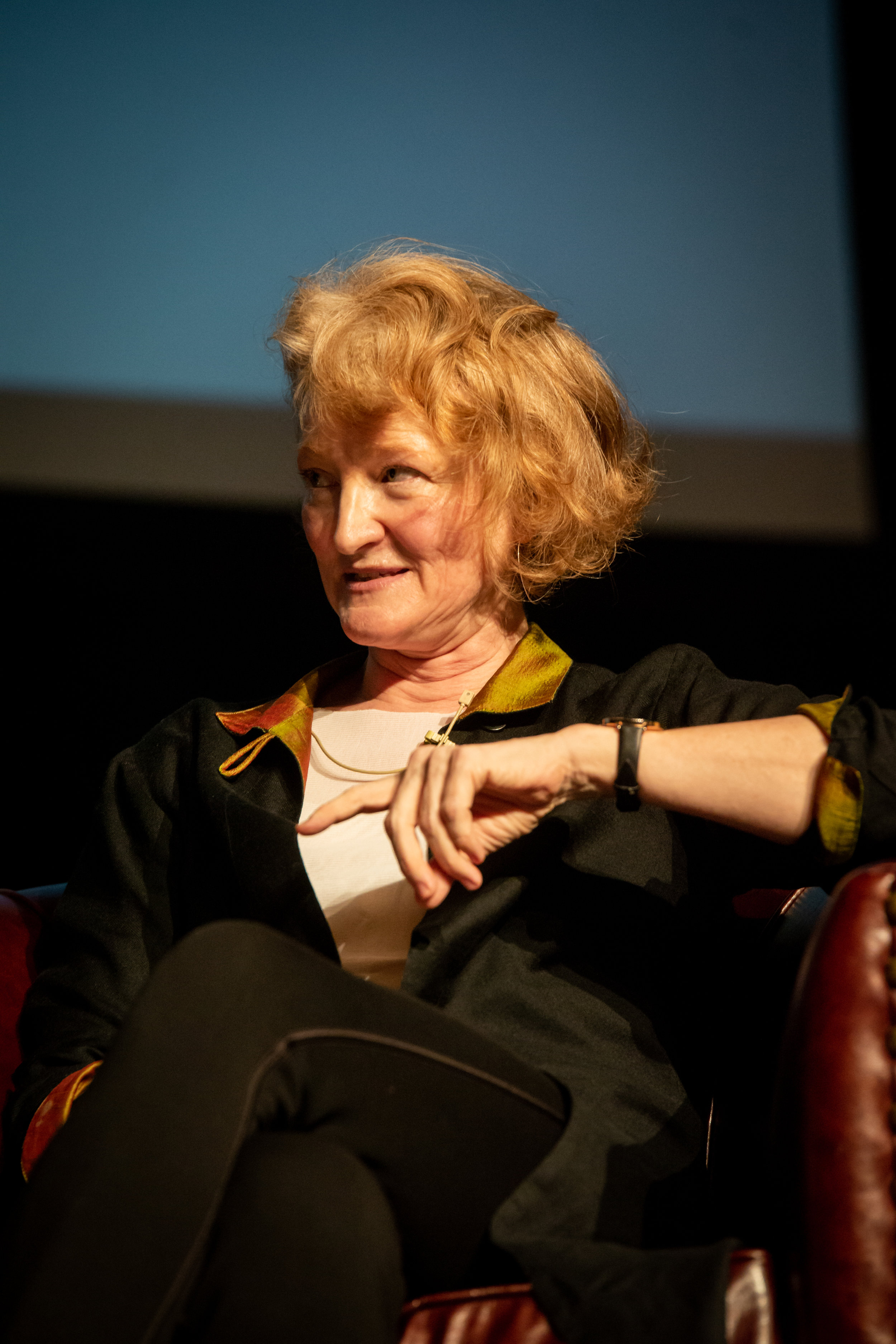On May 13, 2020, we’re thrilled to welcome (virtually!) three special guests for Paying it Forward, our next session of A Year of Courageous Conversations, moderated by Jessica Green:
Marguerite H. Griffin is a Senior Vice President at Northern Trust. As Director of Philanthropic Advisory Services, Marguerite is responsible for the delivery and growth of Northern Trust's philanthropic advisory services to Wealth Management clients. She specializes in administering charitable trusts and private foundations and facilitating family philanthropy retreats. She also advises clients regarding impact investing, strategic philanthropy, international philanthropy, family succession planning and board development, governance and risk management for nonprofit organizations. Marguerite received a B.A. degree from Washington University in St. Louis and a J.D. degree from Northwestern University School of Law and is a member of the American Bar Association, the Chicago Bar Association, the Chicago Council on Planned Giving and the Chicago Estate Planning Council. Marguerite is admitted to practice before the Illinois Supreme Court.
Jessica Droste Yagan is the CEO of Impact Engine, an impact investing firm that manages venture capital and private equity funds. Jessica also serves as Managing Partner of Impact Engine Ventures. She is extensively engaged personally in impact investing and evangelizing on behalf of the impact investing field. Prior to Impact Engine, Jessica led the creation of McDonald’s Corporation’s global and U.S. sustainable sourcing strategies and worked in the field of urban economic development at the Initiative for a Competitive Inner City. She is currently on the boards of Metropolitan Planning Council, OneGoal Chicago, The Honeycomb Project, the Rustandy Center for Social Sector Innovation at Chicago Booth, and Fixer. Crain’s Chicago Business named her to its list of 40-Under-40 in 2013 and she served as a 2014 Leadership Greater Chicago Fellow. Jessica holds a BA from Haverford College, an MBA from Stanford University, and an MPA from Harvard University. She lives in Chicago with her husband Sam and three children.
Sam Yagan is CEO of ShopRunner, and the former Vice-Chairman of Match Group (Nasdaq: MTCH), a position he assumed after serving as the company’s Chief Executive Officer and leading it through a period of explosive growth that culminated in its IPO. He has co-founded several companies, including SparkNotes, eDonkey, OkCupid, Techstars Chicago, and, Firestarter Fund, & Corazon Capital. An Illinois native, and the son of Syrian immigrants, Sam was instilled with an entrepreneur trait at a young age, and has been named to TIME Magazine’s “100 Most Influential People in the World,” Fortune Magazine’s “40 Under 40,” Crain’s Chicago “40 Under 40”, Billboard Magazine’s “30 Under 30,” Crain’s “Tech 25,” D Magazine’s “Dallas 500” and ranked #19 on Silicon Alley Insider’s “Most Inspiring and Influential People.” Yagan holds a BA with honors in Applied Mathematics and Economics from Harvard University and an MBA from Stanford University. He is married to his high school sweetheart, Jessica Droste Yagan and lives in Chicago with their three children.
